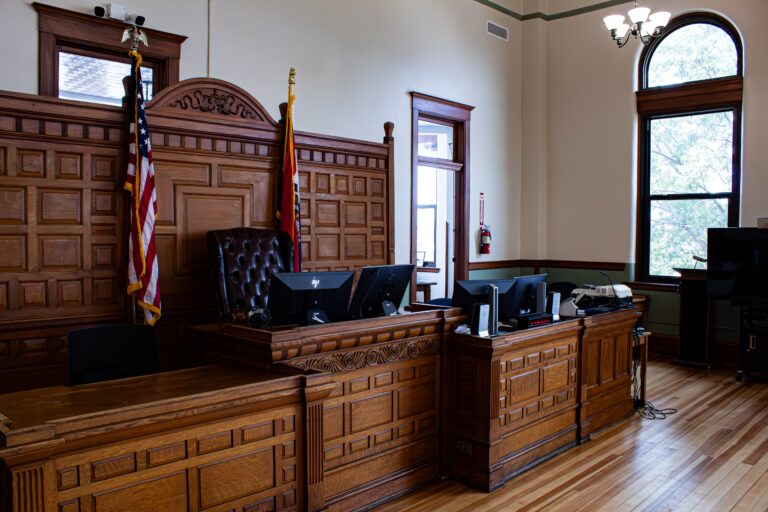
The simplest definition of guardianship is the position of being legally responsible for another. A court will appoint a guardian to make decisions for another person, if it finds that person to be incapacitated or unable to make safe, reasonable decisions for themselves.
Next Avenue’s recent article entitled “Thinking of Becoming a Guardian?” says individuals placed under guardianship—called wards—may forfeit their independence in making decisions about their finances, legal issues and health care. In fact, a full guardianship can control whether wards can vote, who they may marry, where they live and if they can make end-of-life decisions for themselves.
An article in the American Journal of Alzheimer's Disease and Other Dementias says the two tasks regularly evaluated in determining capacity are an individual's ability to manage personal finances and take medications as prescribed.
In deciding to place someone under a guardianship and curb their legal rights, the court may call on a geriatrician or psychiatrist to assess the person's functional behavior, cognitive function, disabling conditions and ability to meet their essential needs.
The National Academy of Elder Law Attorneys says guardianships offer safeguards, such as the requirement that guardians periodically update the court on the ward's finances and health status. Even then, courts have the authority to initiate unscheduled reviews of guardians' decisions about their wards' finances, property and health care.
Guardianship, when properly used, is a beneficial method to protect an incapacitated person for whom no other means are available to assist with informed decision making. That’s the original intent of guardianship. It assumes the guardian is honest and accountable. However, that’s not always the case.
When a guardianship is assigned, there is greater tendency for the person to become lost to follow up.
People who’ve been labeled as incompetent or incapacitated have limited ability to advocate for themselves, contact an attorney, or access funds for court proceedings.
There’s also a greater tendency to assign full guardianship, instead of less restrictive alternatives.
Get more information from an experienced elder law attorney.
Reference: Next Avenue (Dec. 23, 2022) “Thinking of Becoming a Guardian?”
Suggested Key Terms: Elder Law Attorney, Guardianship
